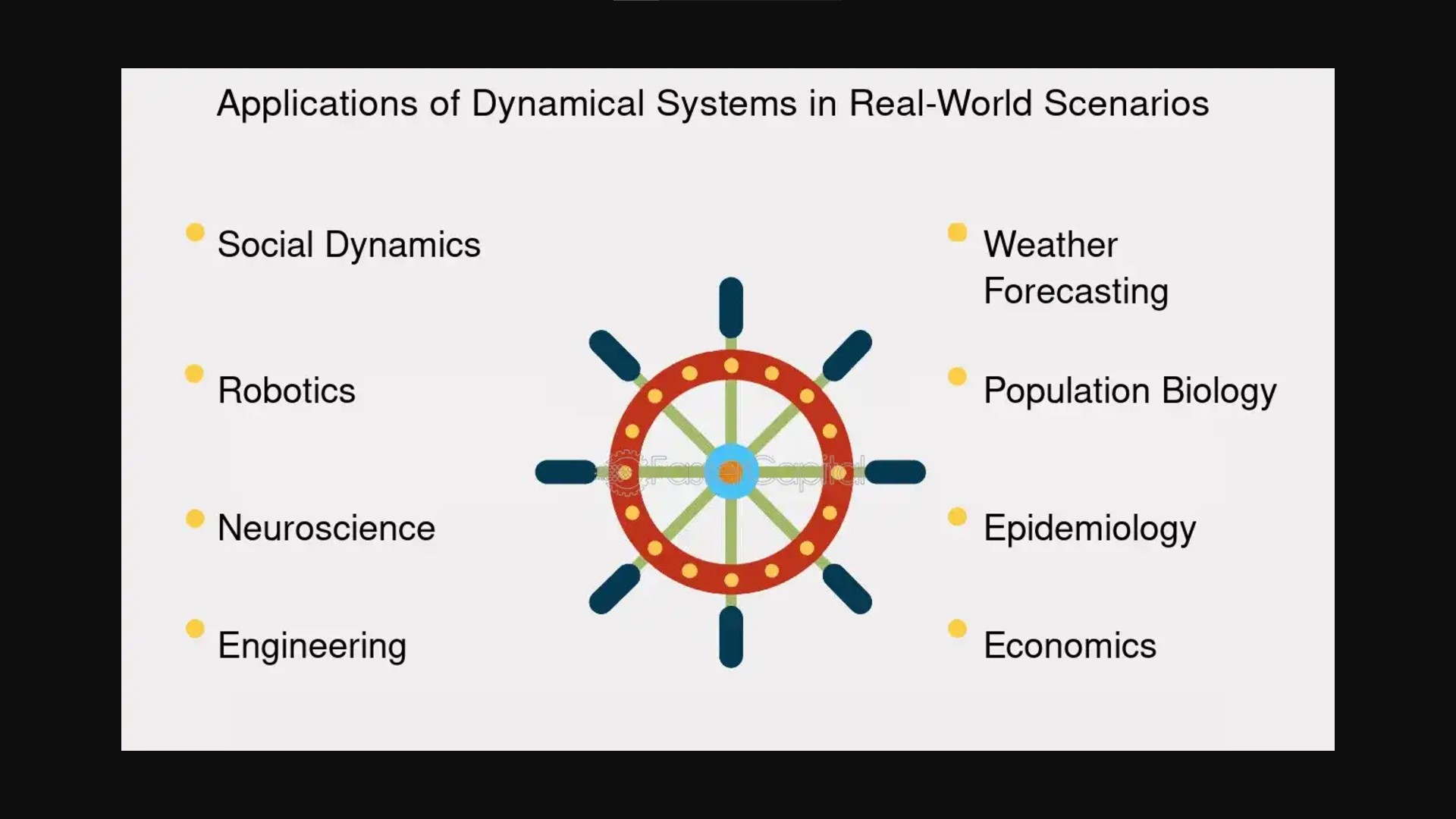
Applications are invited for the NEMO Lab Spring 2025 project
The Nebraska Experimental Math and Outreach (NEMO) Lab is a place for motivated UNL undergraduates to discover and explore in a hands-on manner topics in mathematics beyond the standard curriculum.
We have now opened applications for students who wish to take part in our spring 2025 project, which is accessible to those who have taken Math 221 - Differential Equations. Participation is unfunded, but eligible for credit through CASC 98: Undergraduate Research Experience. This course counts towards UNL's experiential learning requirement.
Below are some details about our Spring 2025 project. Interested students are invited to apply by January 15 by filling out the application form at https://forms.gle/6ZFDj2EYV7fST4387.
Exploring the Exciting World of Dynamical Systems: Stability, Chaos, and Real-World Applications
Description: Have you ever wondered how mathematical equations can predict the behavior of complex systems like the spread of diseases or population dynamics? Dynamical systems, described by equations of the form y′=f(y), provide a fascinating way to explore how such systems behave over time. These systems have special solutions called equilibria, where nothing changes over time.
In this project, you'll dive into the long-term behavior of these systems. Are they stable, meaning nearby solutions settle down to equilibrium? Or are they unstable, leading to fascinating phenomena like periodic behavior (limit cycles) or unpredictable chaos? We'll focus on systems with 3-4 components, exploring whether their solutions resolve into beautiful, recurring patterns or chaotic, unpredictable behavior.
Using a mix of analytical and numerical methods, you'll investigate cutting-edge models in mathematical epidemiology—a field that uses math to understand how diseases spread. This hands-on project is perfect for curious minds eager to combine theory and computation while working on problems with real-world impact.
Prerequisites: a course in Differential Equations (Math 221 at UNL).
Time commitments: students will meet once a week with the project mentors for about an hour and will be asked to do some independent work between these meetings. The total commitment should be roughly equivalent to a 1 credit hour course.
Contact: the project will be led by Professor Glenn Ledder. Inquiries regarding the project topic should be directed to Professor Ledder at gledder@unl.edu. Inquiries regarding administrative details should be addressed to Alexandra Seceleanu at aseceleanu@unl.edu.